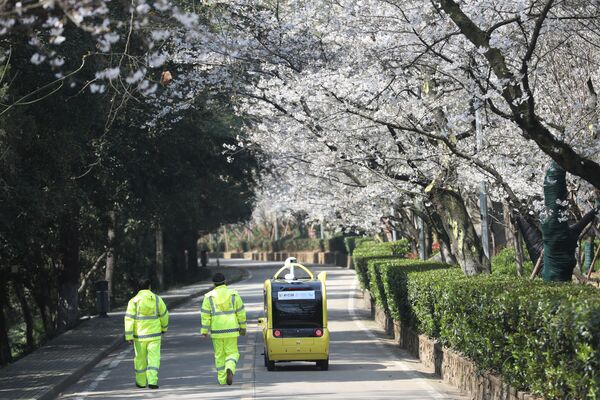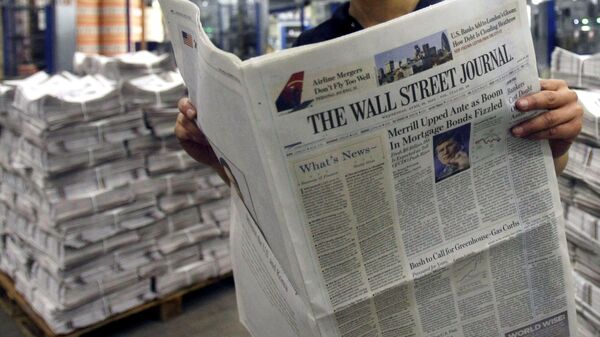Three major US papers including so-called ‘newspapers of record’ the New York Times and The Washington Post have issued a joint “Open Letter to the Chinese Government” asking Beijing to reconsider its decision to expel their journalists, calling China’s decision “uniquely damaging and reckless as the world continues the struggle” against the new coronavirus.
The letter, signed by NYT, WaPo and WSJ publishers A.G. Sulzberger, Fred Ryan and William Lewis, “strongly” urges China’s government “to reverse its decision to force the Americans working for our news organizations to leave the country and, more broadly, to ease the growing crackdown on independent news organizations that preceded this action.”
Calling themselves “collateral damage” in the ongoing diplomatic dispute between Washington and Beijing, the newspapers suggested that China’s move threatens “to deprive the world of critical information at a perilous moment.”
Giving praise to China’s COVID-19 response, the letter suggests that US news outlets have prominently featured China’s “remarkable progress in reducing the spread of the virus,” and its mobilization of “state resources to develop vaccines that could offer hope to billions of people.”

Tit-for-Tat
China moved to rescind the press credentials of correspondents with the New York Times, Washington post and the Wall Street Journal last week, with the reporters given 10 days to return their credentials and leave the country. In addition to the expulsions, Chinese authorities have asked US outlets including Time Magazine and Voice of America to declare information about their personnel, finances, operations and real estate holdings in China.
China’s foreign ministry called these actions “reciprocal countermeasures” in response to US restrictions against journalists working for Chinese outlets. In early March, the State Department limited the number of visas issued to Chinese correspondents working in the US to 100, forcing an effective 1/3 cut in the staff of Chinese outlets including Xinhua, China Global Television Network, China Daily and China Radio International.
Last week, US Secretary of State Mike Pompeo blasted China over its move to restrict the operations of US media in the Asian nation, urging Beijing to reconsider its decision, and suggesting that Beijing’s measures were not a tit-for-tat measure, since its media were “not independent news organizations.”
The two countries have accused one another of harassing and restricting each other’s journalists. Beijing moved to expel three WSJ reporters last month after the Chinese edition of the business newspaper accused authorities of “trying to conceal the true scale” of the Wuhan coronavirus outbreak, and painted China as the “Real Sick Man of Asia,” a characterization which Chinese authorities suggested was racist in its essence, and similar to phraseology used by Western powers in the 19th century to demean China.




